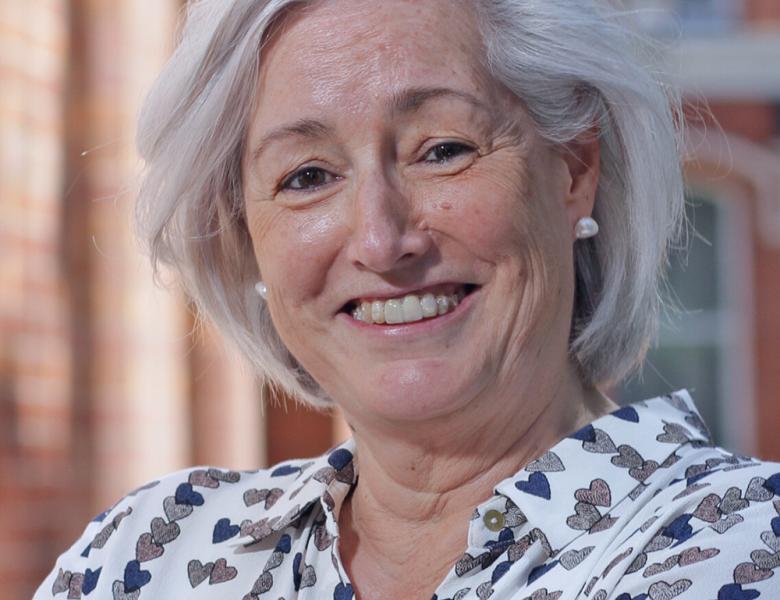An increasing number of strategic alliances and collaborations between CROs are predicted within the UK pharmaceutical discovery and development industry, which will change the mechanism for the delivery of new medicines in modern times. But this ‘coming together’ approach dates back to the late 1920’s, as V Formation’s José González explains.
The human thirst for knowledge and excellence is usually put into service when a problem comes along and some sort of solution is needed. This has helped humanity to accomplish ambitious endeavours such as reaching the stars or decoding the genetic code of our species. However, sometimes a great game changer comes out of nowhere and it is up to the scientific community to find an application for these unsung discoveries.
During a show that aired on BBC Radio 4 in June, the story behind the discovery and development of penicillin was explained. Here’s a summary of the key milestones in this ground-breaking collaboration:
- In 1928 Scottish scientist, Sir Alexander Fleming, realised that a substance released by a mould inhibited the growth of bacteria. Considering the benefits that this would bring, he tried to concentrate the anti-bacterial substance in a stable form. When unsuccessful he distributed the original mould, hoping that a chemist around the world would have the skills to accomplish this mission.
- It wasn’t until 1938 that a group from the University of Oxford, lead by Howard Walter Florey, successfully undertook the production of stable penicillin.
- With the Second World War occurring, research groups, along with pharmaceuticals in the US, developed methods for the industrial production of penicillin from the mould. This gave the allies a competitive edge as it was used to prevent soldiers dying of infected wounds.
- Finally, in 1957 John C. Sheehan developed chemically synthesised penicillin at the MIT in the USA.
It took more than 30 years of collaborative research and development from around the world to transform Fleming’s discovery into a drug that not only helped to win a war, but also led to the development of innovative medical treatments that are commonplace today, such as transplants.
Collaboration in today’s drug discovery market
In today’s rapidly evolving R&D sector, more and more CROs (Contract Research Organisations) are joining forces with like-minded, complementary businesses from within the drug discovery and development process, working together collectively in order to position themselves more competitively in an increasingly buoyant outsourcing market.
By working in collaboration and applying problem solving along the R&D pipeline with a number of trusted partners, CROs are cutting down lead times and reducing costs for businesses looking to outsource their research projects.
It is strongly encouraged that researchers and SMEs around the world find partners to collaborate with and bring something different to enhance the chances of a breakthrough. As a company or a researcher you will gain knowledge while refining a product or service that will ultimately be put into use for solving a problem in whichever industry you’re targeting.
V Formation is a specialist life sciences marketing consultancy based at BioCity Nottingham. We work with CROs, Biotech and pharma businesses to provide both strategic and hands-on tactical marketing support. Contact our life sciences expert Sue Carr for further details.



